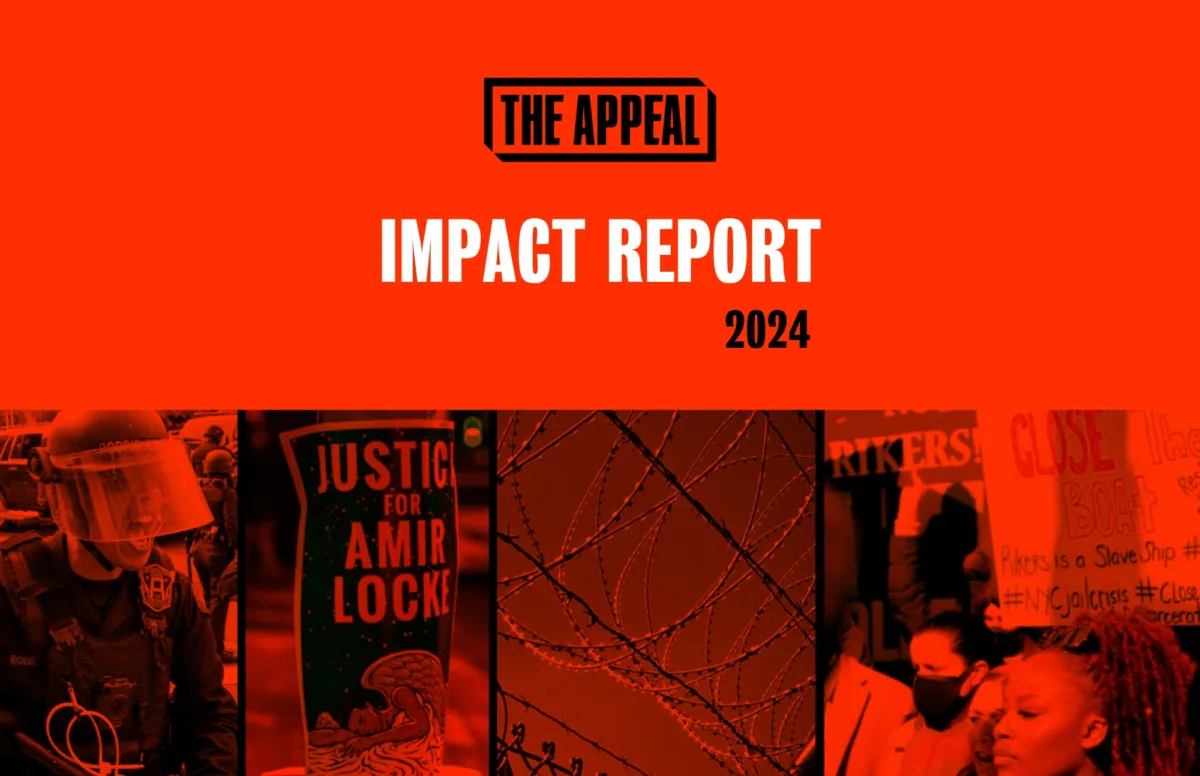
The Appeal’s Most Impactful Reporting in 2024
From changing policy to helping people get a shot at freedom, we’re proud of the vital work we published in 2024.

From changing policy to helping people get a shot at freedom, we’re proud of the vital work we published in 2024.

Gregory Sharkey spent 15 years in prison for a crime he says he didn’t commit. He was finally freed last month—but will those responsible for caging him be held accountable?
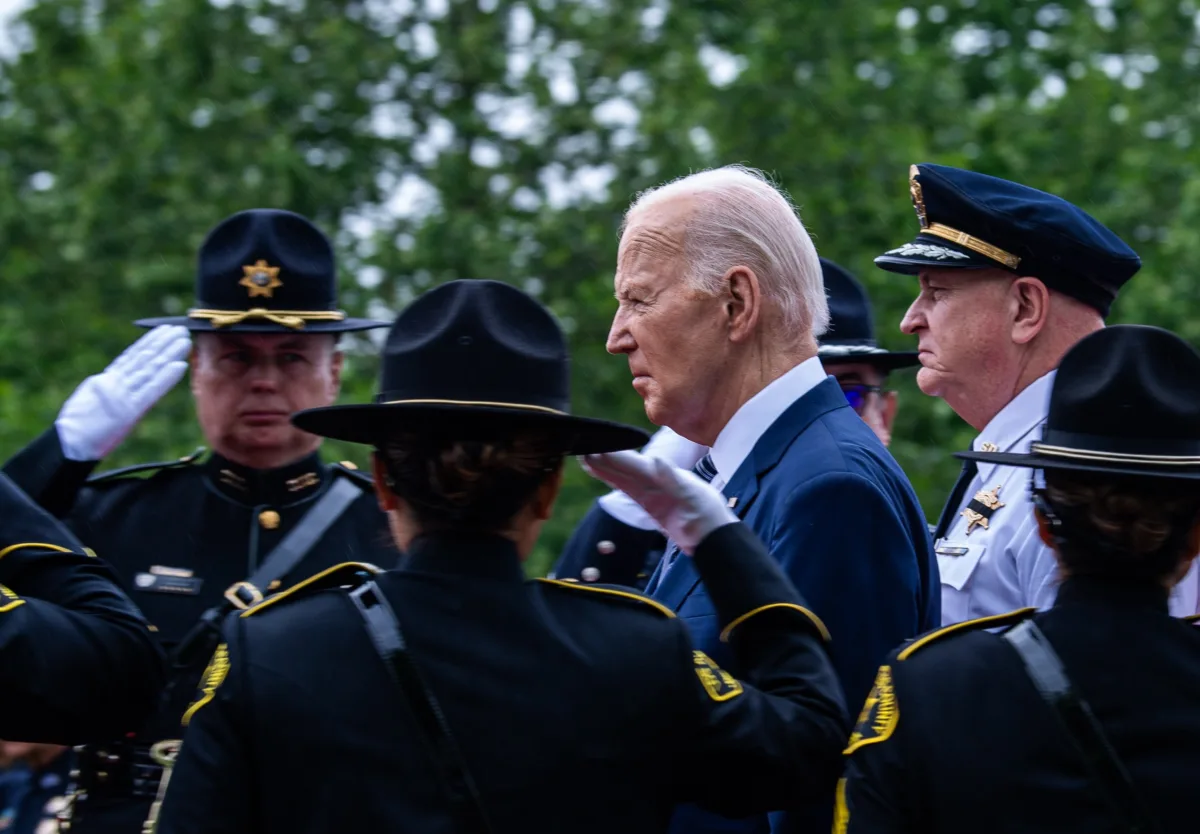
Democrats spent the last four years running away from police reform. “Funding the police” didn’t just help them lose the presidency—it handed a dangerous man an even stronger police and surveillance state.

The Appeal reviewed 935 arrests that occurred on 22 campuses last Spring. Prosecutors—all of whom are running for reelection—charged students with felonies, including assaults on police officers, wearing disguises, mob action, and attempted ethnic intimidation.
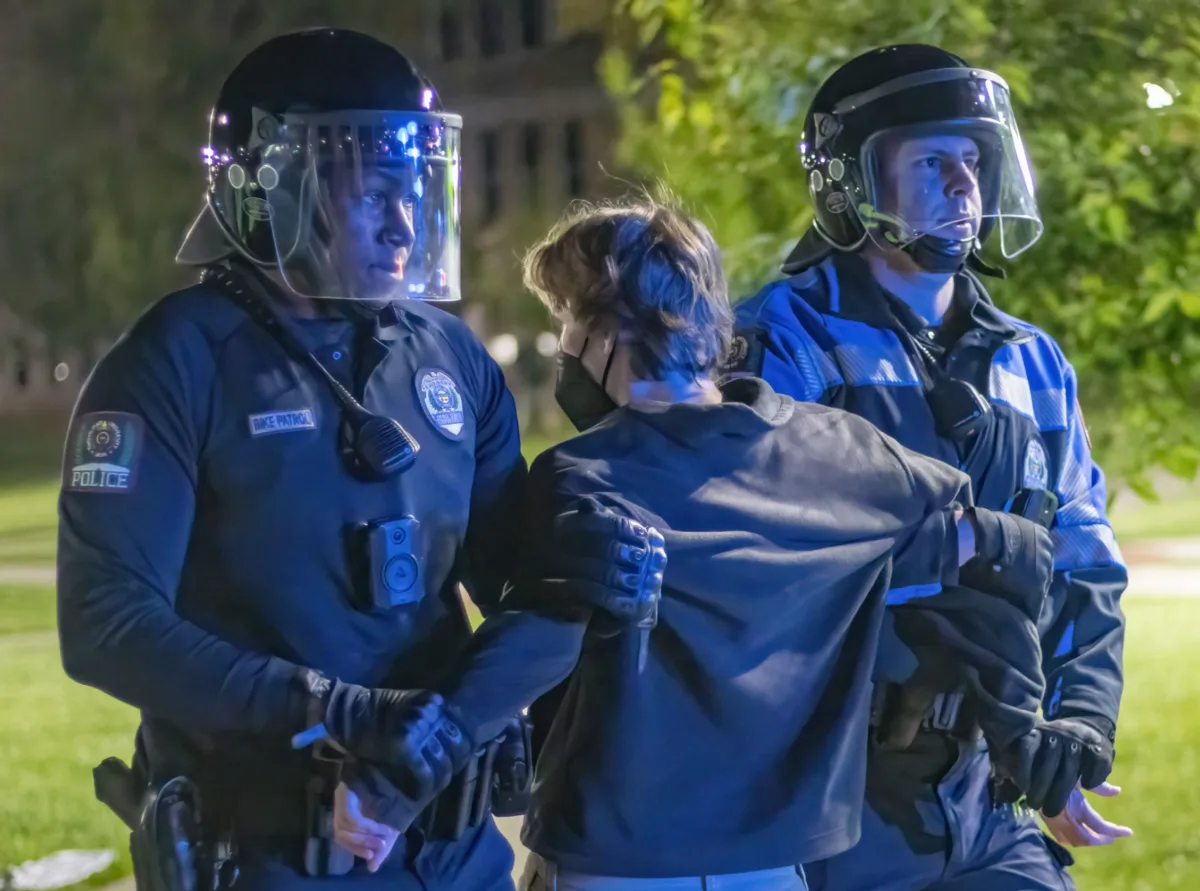
The Appeal contacted more than 120 prosecutors and city attorneys to ask if they’ll file criminal cases against campus demonstrators. So far, only four expressed apprehension at doing so.
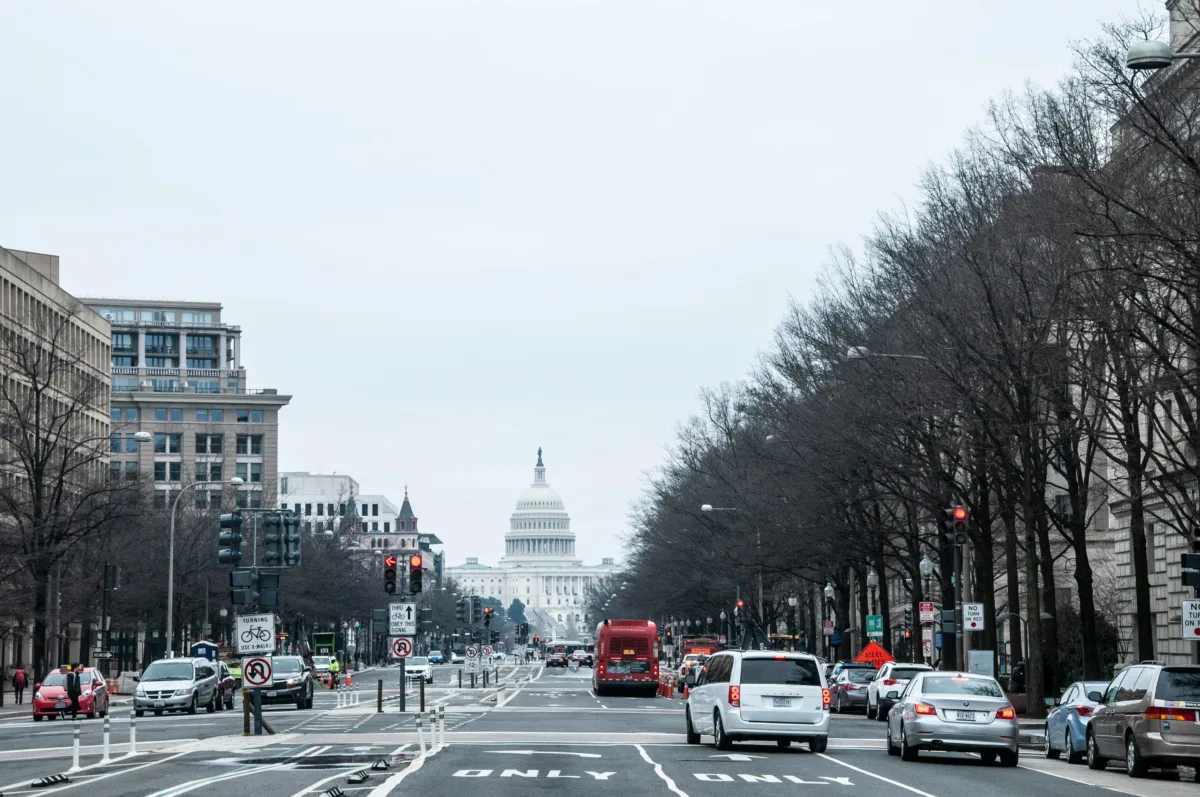
The recently enacted Secure D.C. bill ignores demands from District residents while giving handouts to an unelected prosecutor desperate to consolidate power.

Legal experts who spoke with The Appeal warned the criminal justice system will continue to target pregnant people in the coming years.

This excerpt from Survivor Injustice asks us to reconsider what justice really looks like for crime victims.

Outdated stereotypes and crimes that never occurred create unique challenges for women seeking exoneration.
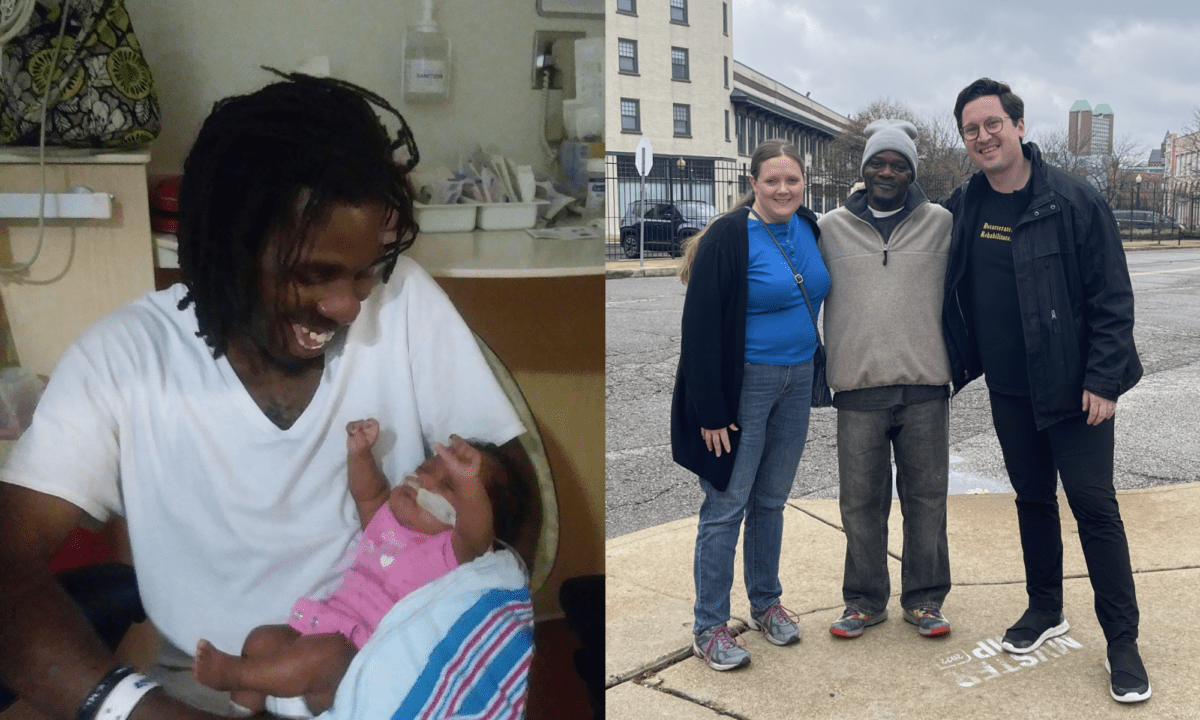
An investigation by The Appeal and the Yale Investigative Reporting Lab reveals how prosecutors use the state’s felony murder statute to imprison people who say they acted in self-defense. The majority of those convicted under the law since 2010 are Black. “I had to take the plea because they’re using this law to get people to stay locked up,” one man said.
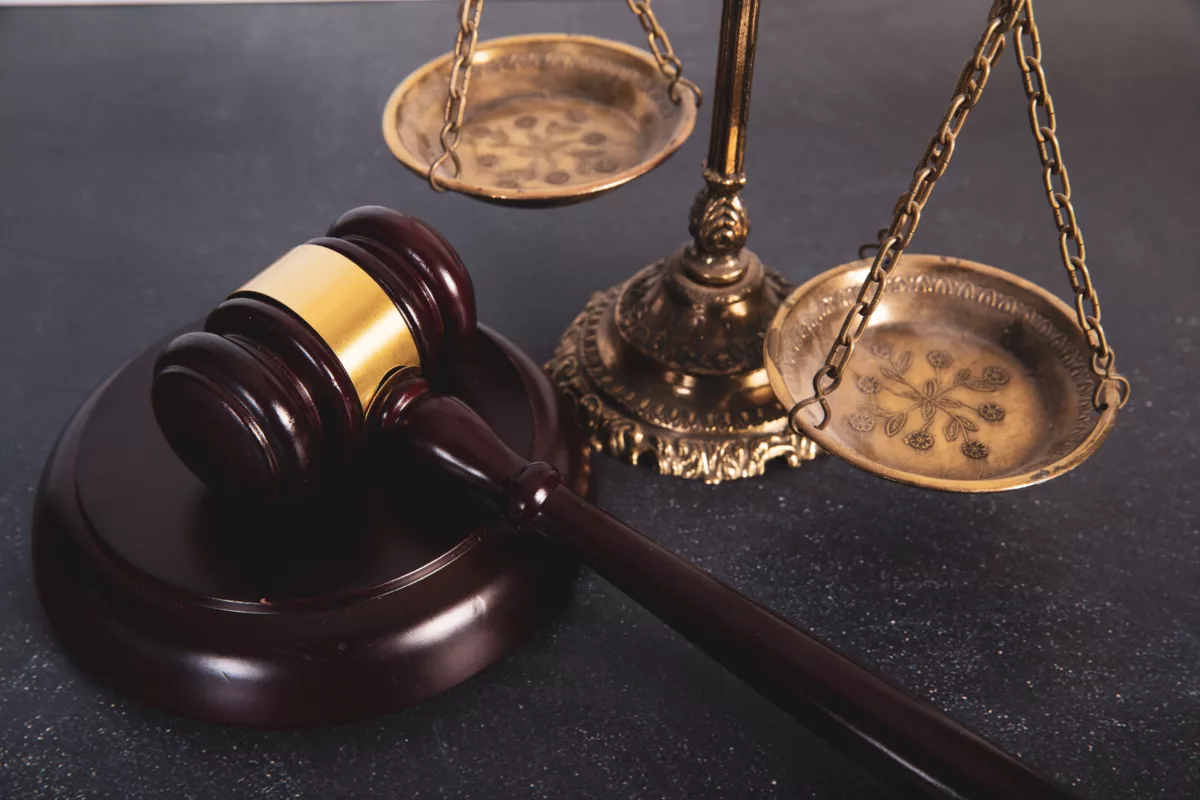
I don’t know if I’ll ever receive the resentencing hearing I was once promised, but I do know this system must change.
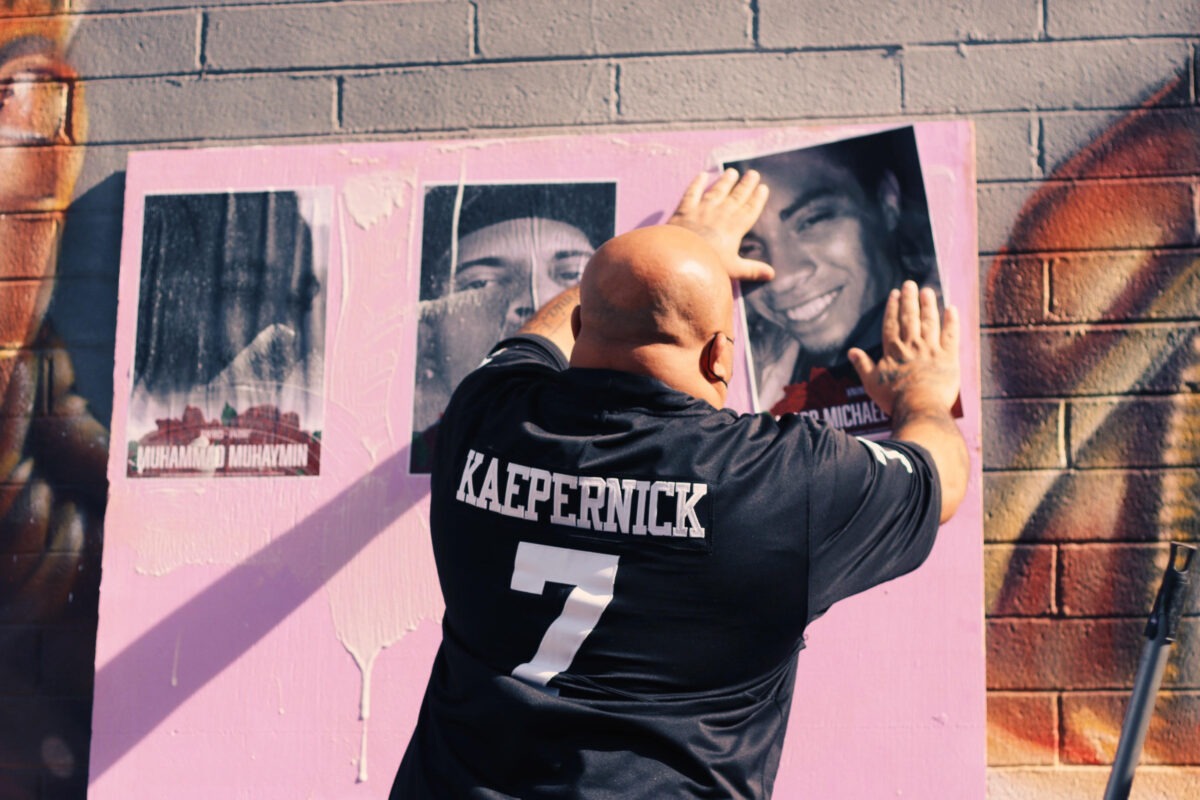
It’s been four years since a Phoenix police officer killed Jacob Harris. Records obtained by The Appeal show officials have made inconsistent or false statements about the night police killed him. As Harris’s friends grow up behind bars, his father won’t stop until he gets justice for his son.
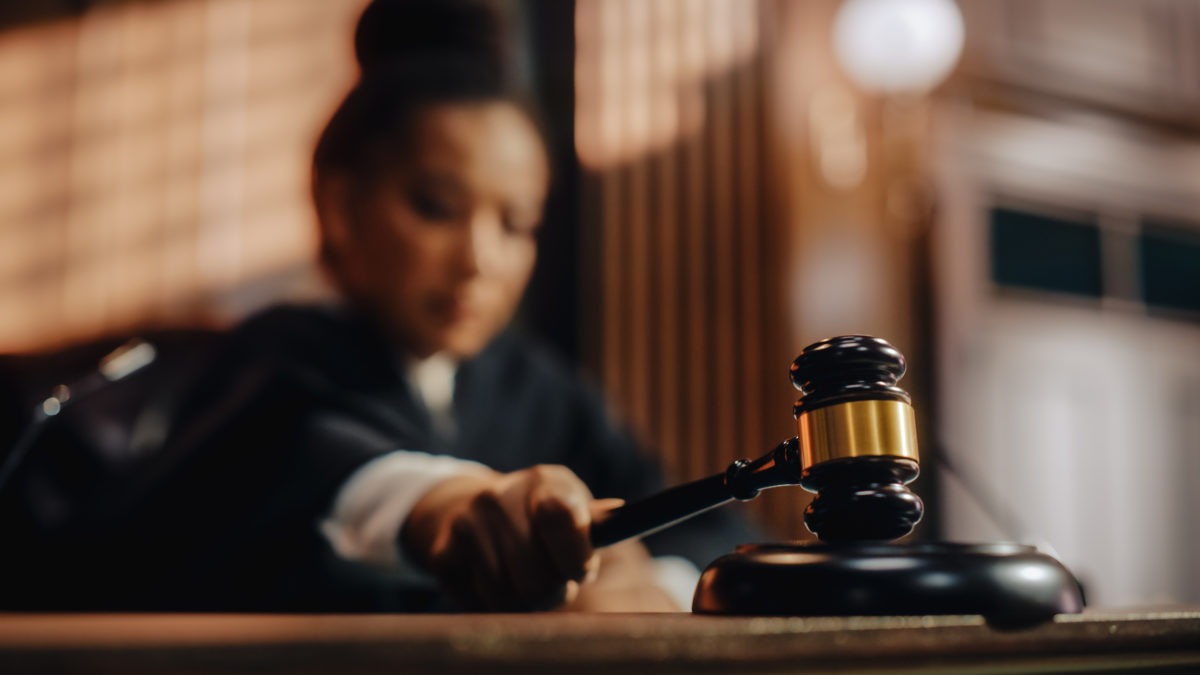
gorodenkoff / iStock by Getty Images Over-Reliance on Plea Deals is Damaging the Criminal Legal System by Nneka Ewulonu It’s easy for the average American to envision a courtroom trial. Shows like “Law and Order” inundate us with fictional depictions of trials—from the thud of a gavel to the inquisitive eyes of a jury—with an […]
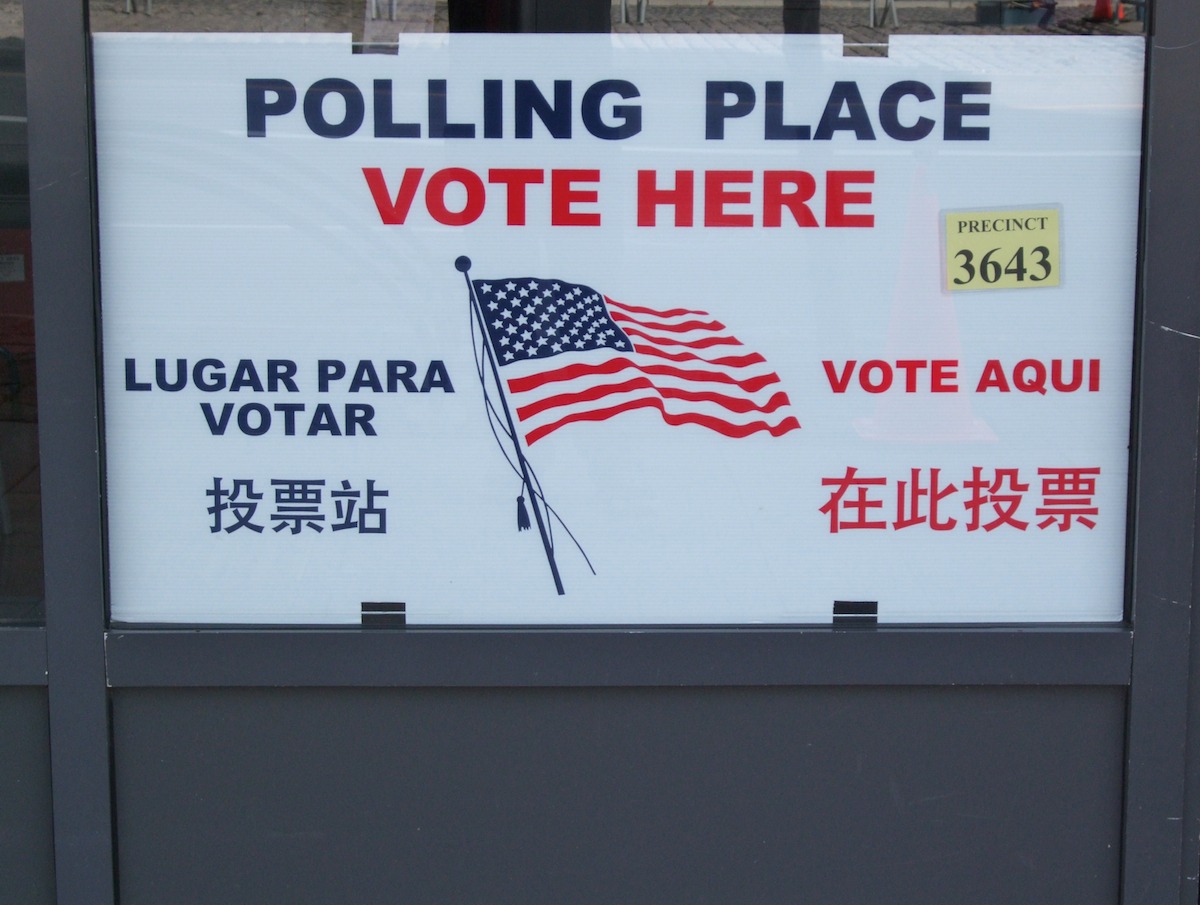
The politics of criminal justice is overwhelmingly local, and elected prosecutors have some of the most direct power over how justice is dispatched.
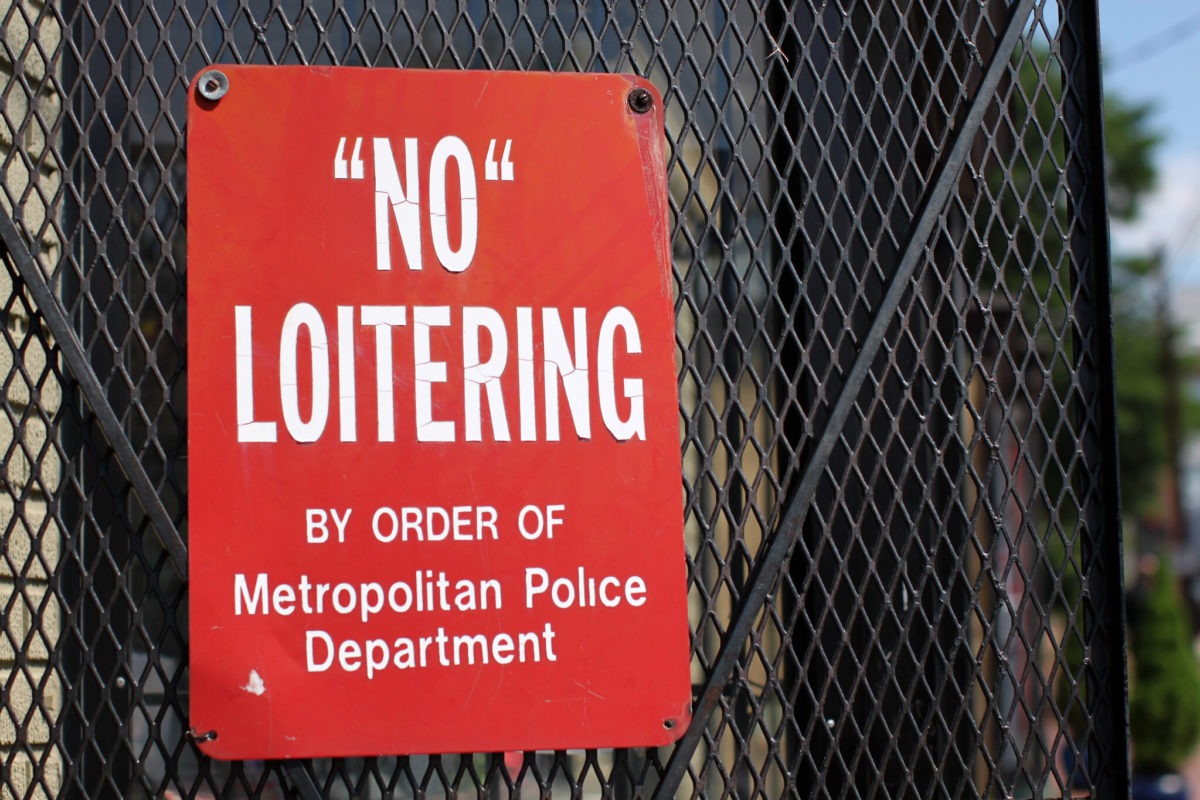
On September 23, 2020, a Black man died for the alleged crime of crossing the street the wrong way. His death was due in large part to America’s long history of criminalizing public spaces and our existence in them.
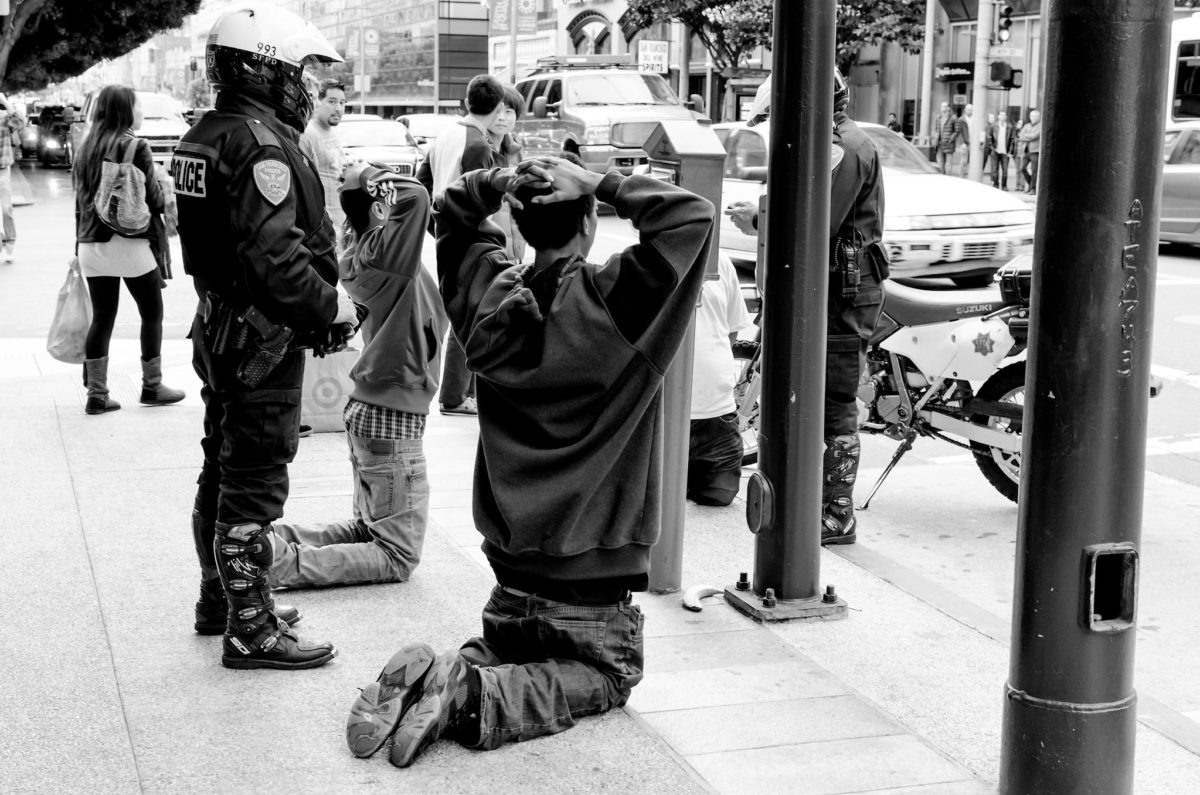
If Brooke Jenkins fails to deliver results with “tough-on-crime” policies, will San Franciscans blame her, just as they did her predecessor, Chesa Boudin?
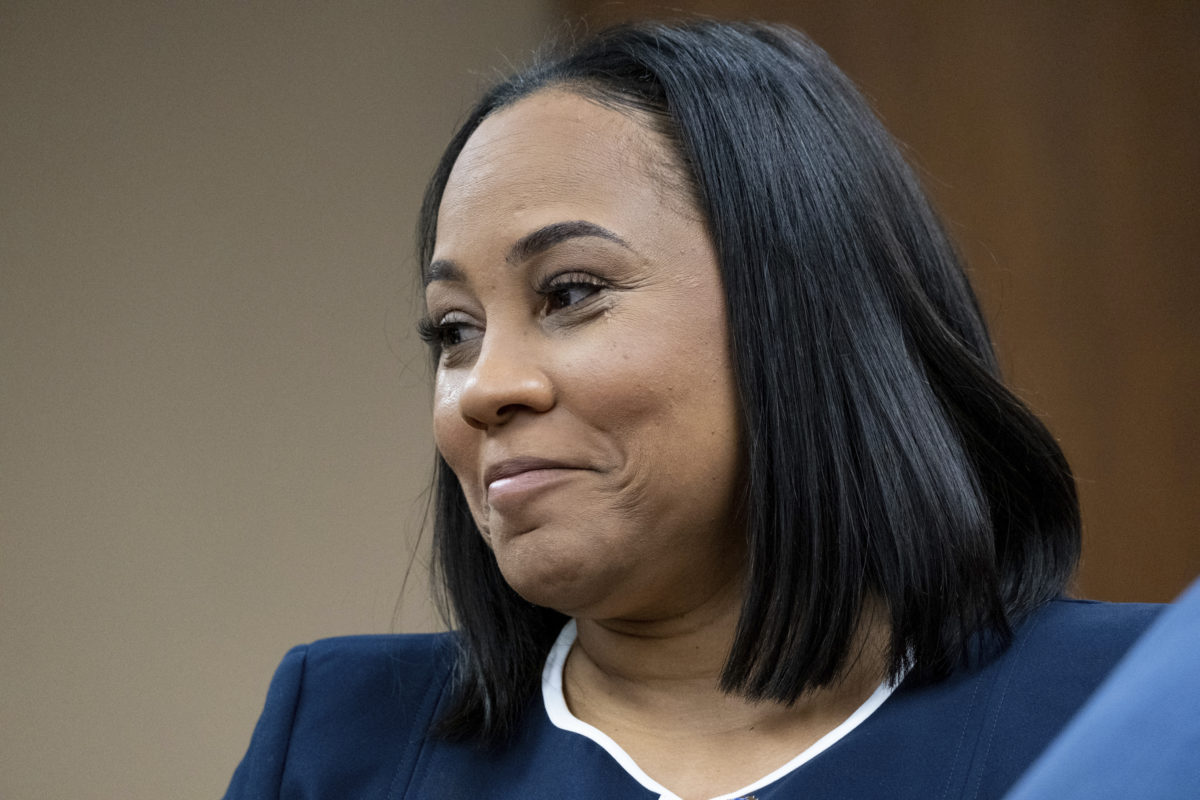
As Fulton County DA Fani Willis’s profile rises, the glossy coverage has largely ignored her crusade to incarcerate teachers accused of cheating on tests.
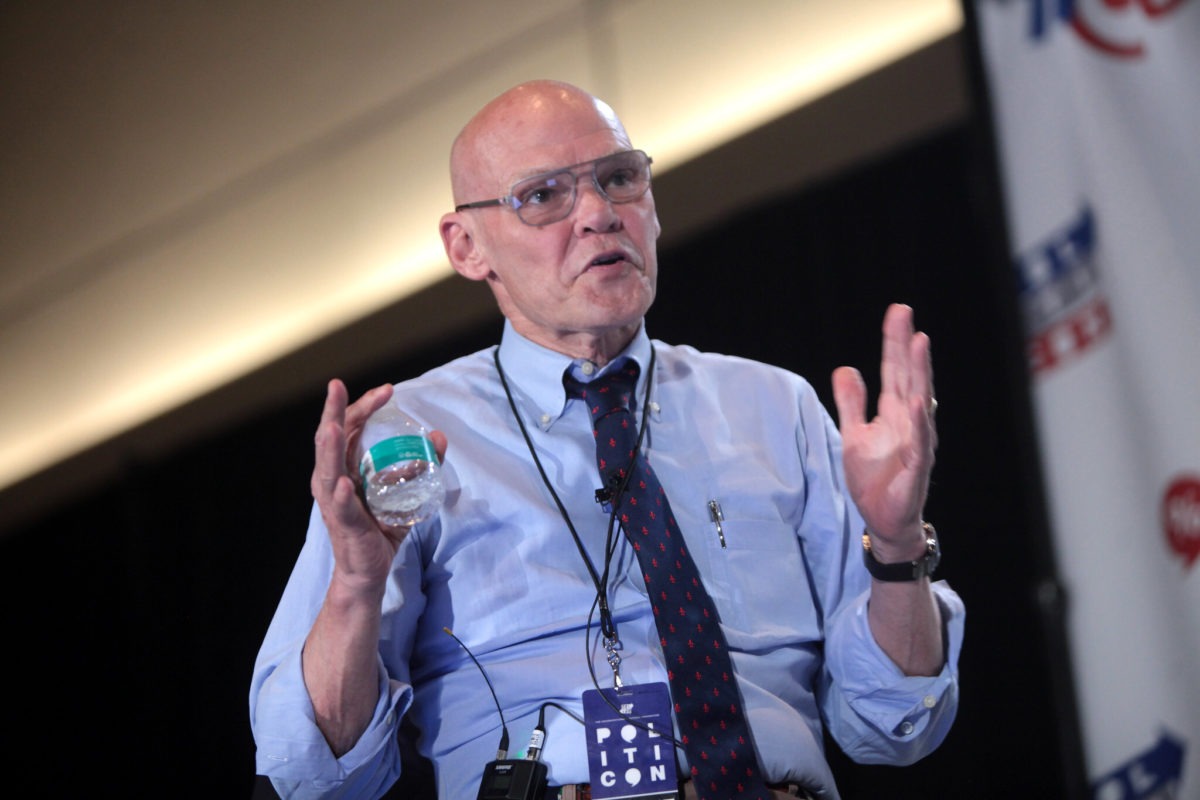
If the Democratic Party wants to run away from those candidates, it will only be running towards its own demise.
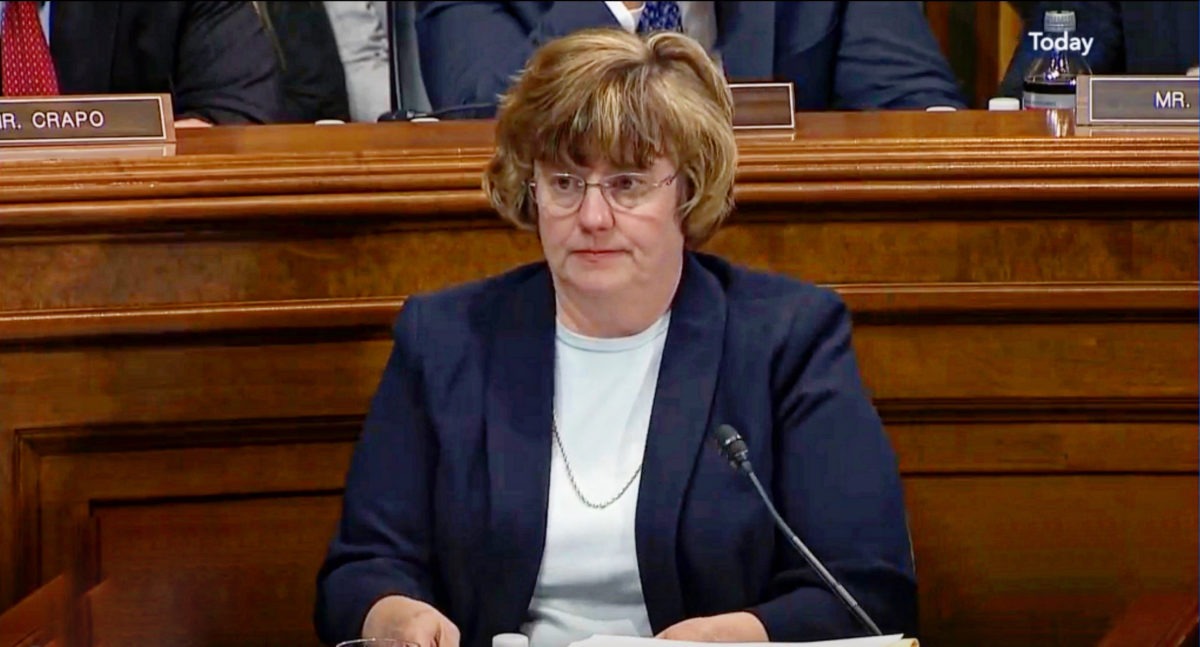
Maricopa County elects a new top prosecutor this year. In the meantime, state law could let the county’s conservative county attorney prosecute abortions if Roe falls.

The racketeering charges against Young Thug, Gunna, and YSL are over-broad, over-stated and unnecessarily harsh.
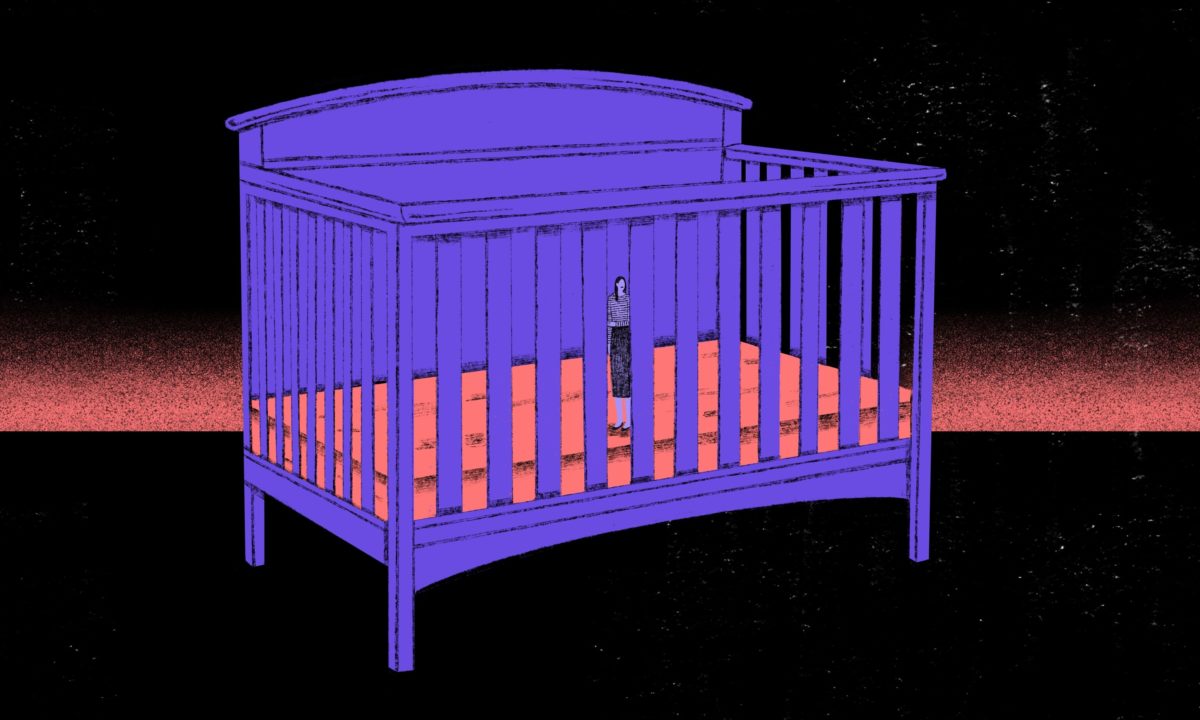
In January, a New Jersey judge said Shaken Baby Syndrome is “akin to junk science.”
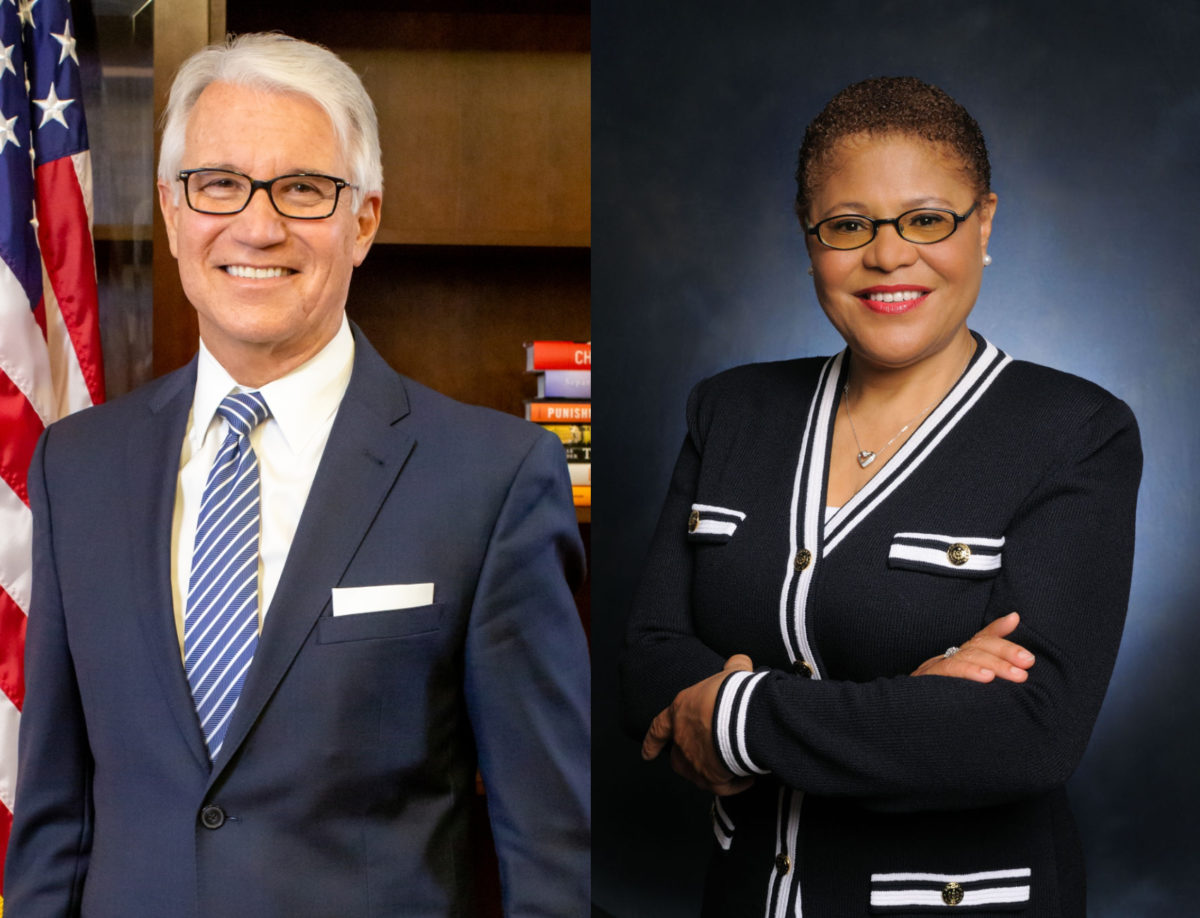
In February, Los Angeles County District Attorney George Gascón became the latest local Democratic politician to fold to conservative critics when he walked back two major campaign promises that had swept him into office just over a year before.
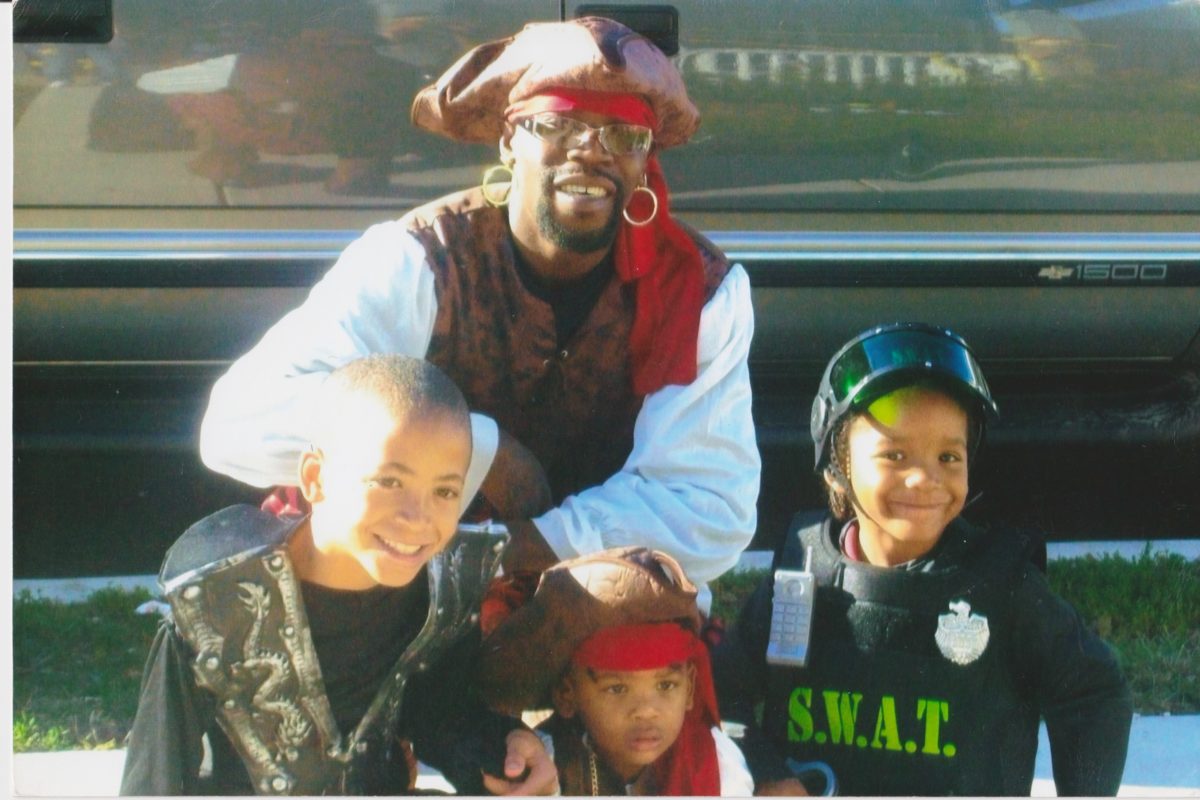
Georgia is the strictest state in America when it comes to proving intellectual disability in capital cases. This month, the Supreme Court could save the life of a man who says he is mentally disabled—or let the state kill him.
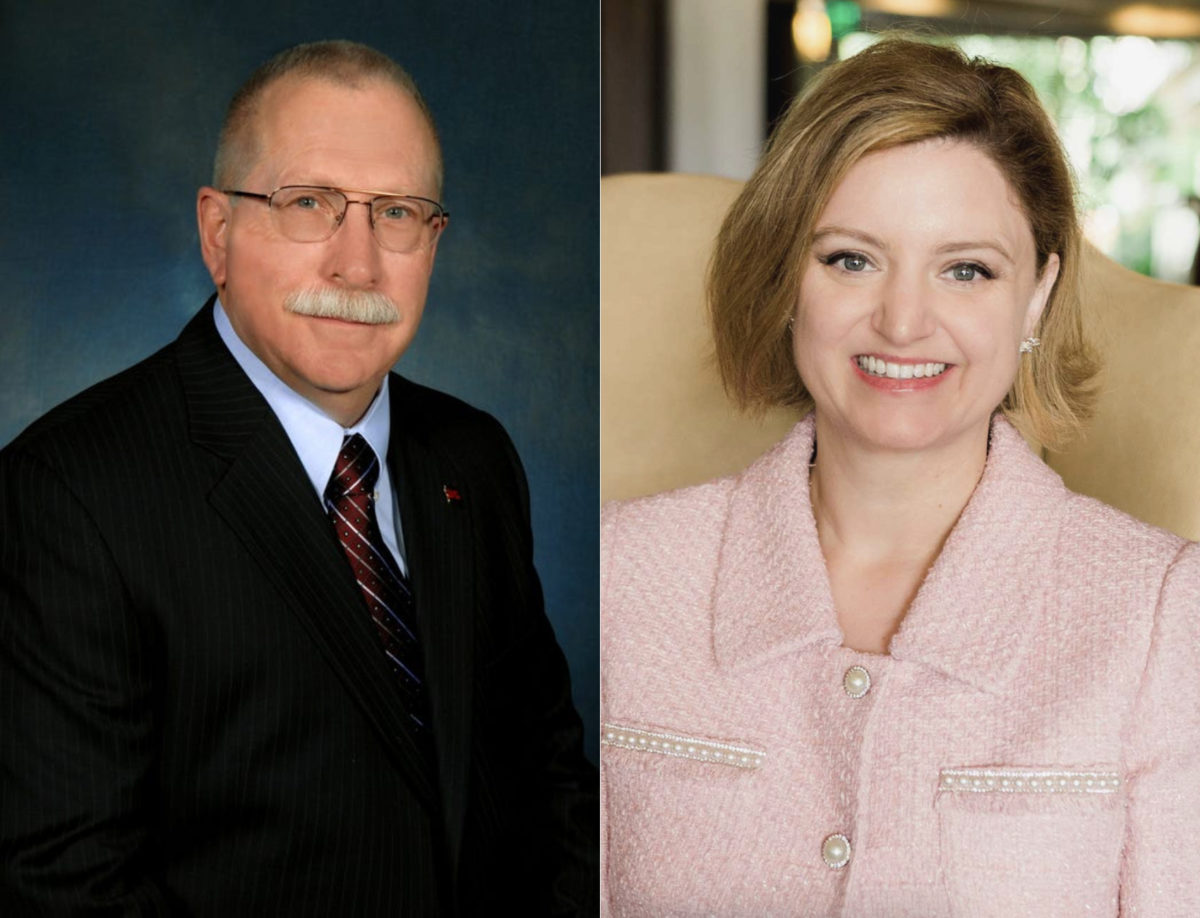
On the night of Jan. 6, Arizona’s former prison director, Charles Ryan, drank half a bottle of tequila and got into a three-hour armed standoff that involved about 50 police officers. After a tense confrontation in which Ryan repeatedly pointed a gun at officers, Tempe police took Ryan into custody and brought him to a hospital — but he was never booked into jail. In the end, Ryan went back home like nothing had happened.

Spurred by an Appeal investigation into Michelle Heale’s controversial 2015 case, a law professor is asking New Jersey’s Conviction Review Unit to “correct an injustice” and set Heale free.
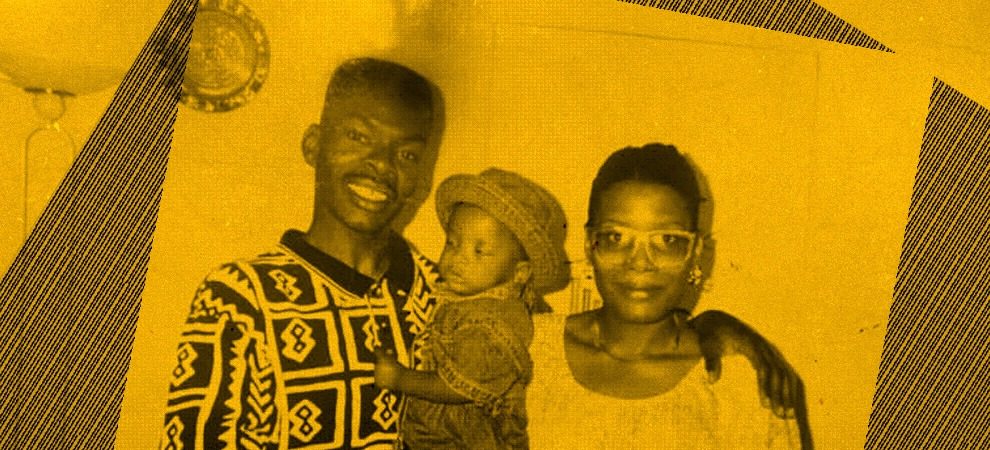
But if he loses his appeal and New York Gov. Kathy Hochul declines to grant him clemency, he will likely be sent back to prison.
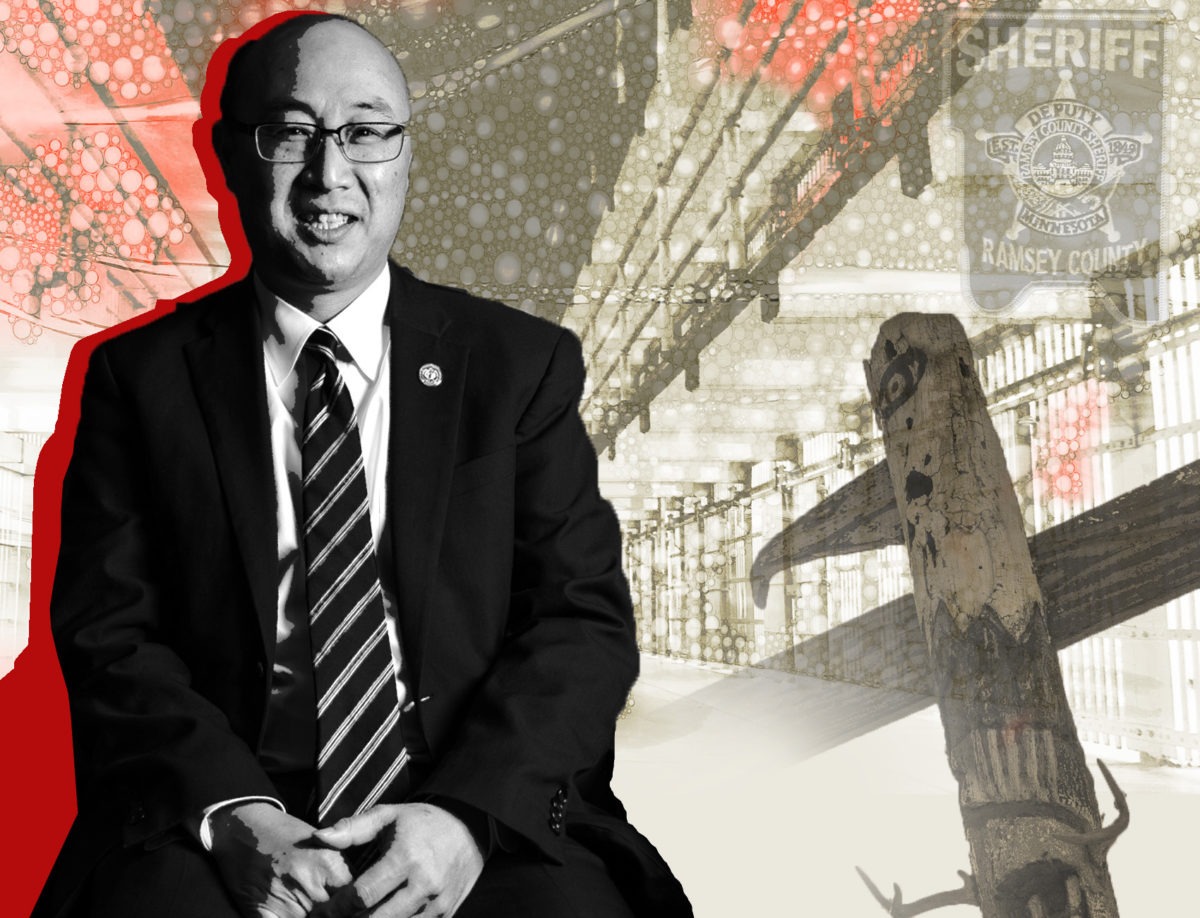
Although Minneapolis has garnered media attention since the George Floyd uprising, St. Paul may be the Twin City making the most strides toward transformative justice. But Sheriff Bob Fletcher’s actions may undo positive steps in Ramsey County.
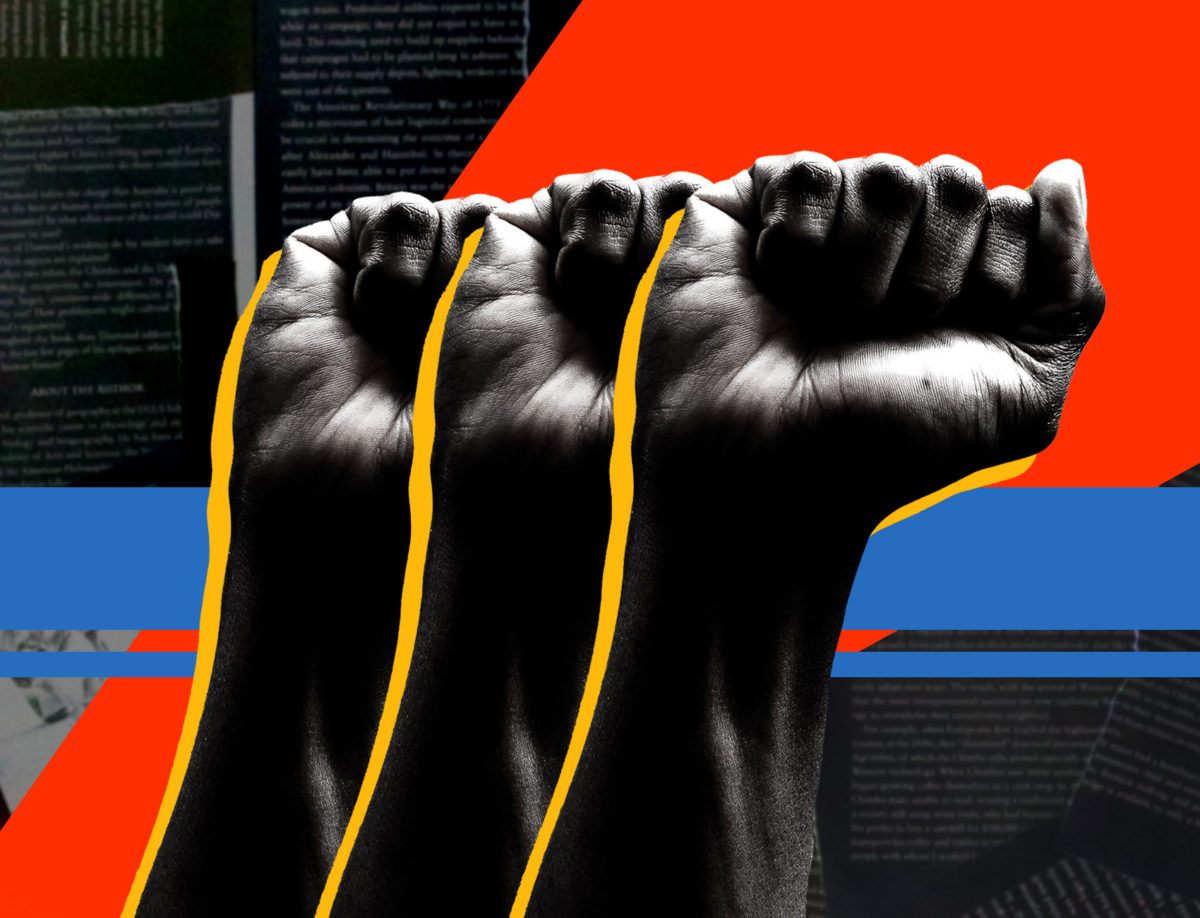
The Appeal team has a lot to be thankful for this year, including the fact that we can spend time with our families again. We know not everyone is as fortunate, and we’re thinking of community members, especially those behind bars, who can’t be with their loved ones. In the midst of Thanksgiving travel and […]

We’re excited to share that we’re kicking off our year-end fundraising campaign through NewsMatch, an industry-wide program to sustain journalism through matching gifts on the local and national level. Through Dec. 31, NewsMatch will match your new monthly donation (at 12 times the value), or double your one-time gift, all up to $1,000. In total, […]

Blind in one eye and at risk of losing vision in the other, 58-year-old Reginald Randolph is now on the verge of being sent to state prison to serve out a maximum of four years in state prison.
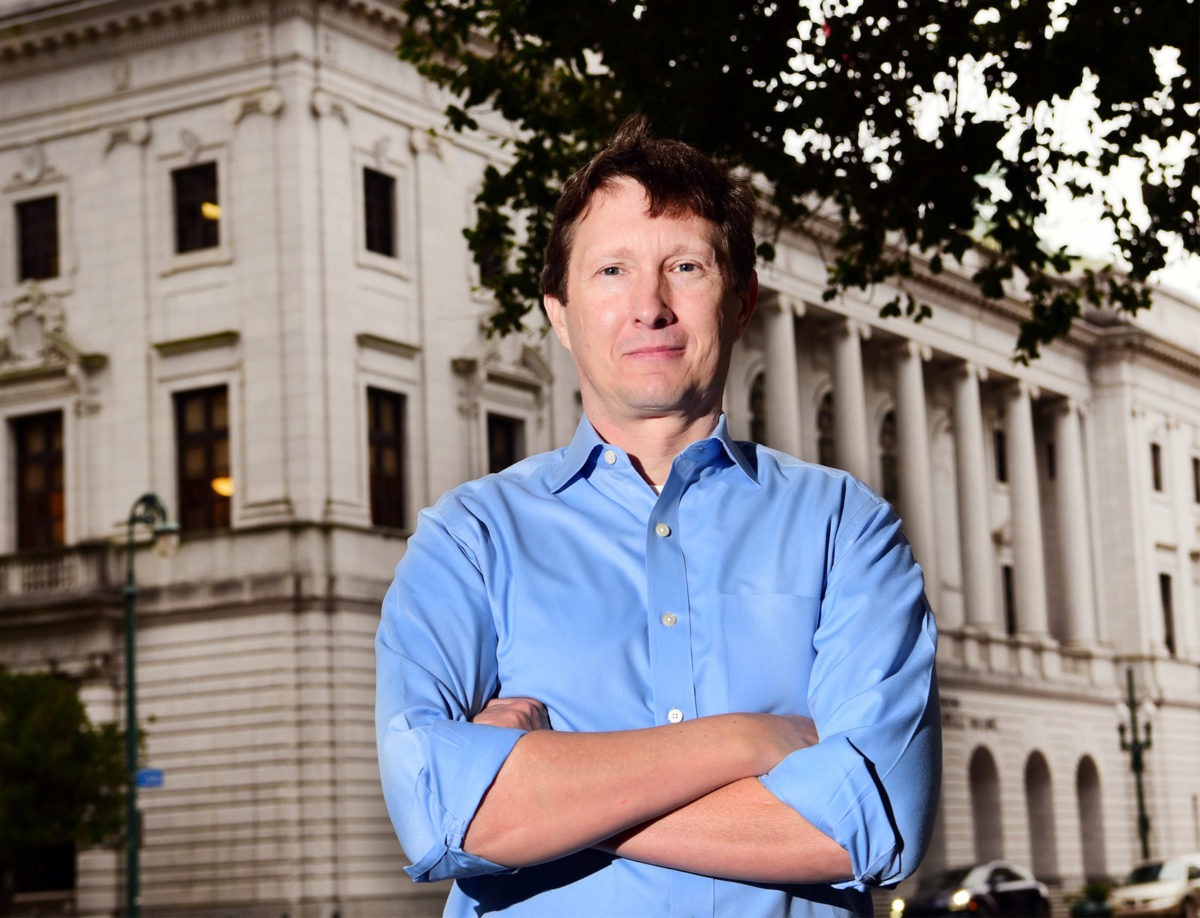
More than 20 women accused Harry Morel, a longtime district attorney in Louisiana, of sexual misconduct. But Morel pleaded guilty to just a single obstruction of justice count while Mike Zummer, the FBI agent who investigated him, was fired. Now, Zummer is speaking about what he says is a grave injustice—at the hands of the Justice Department.
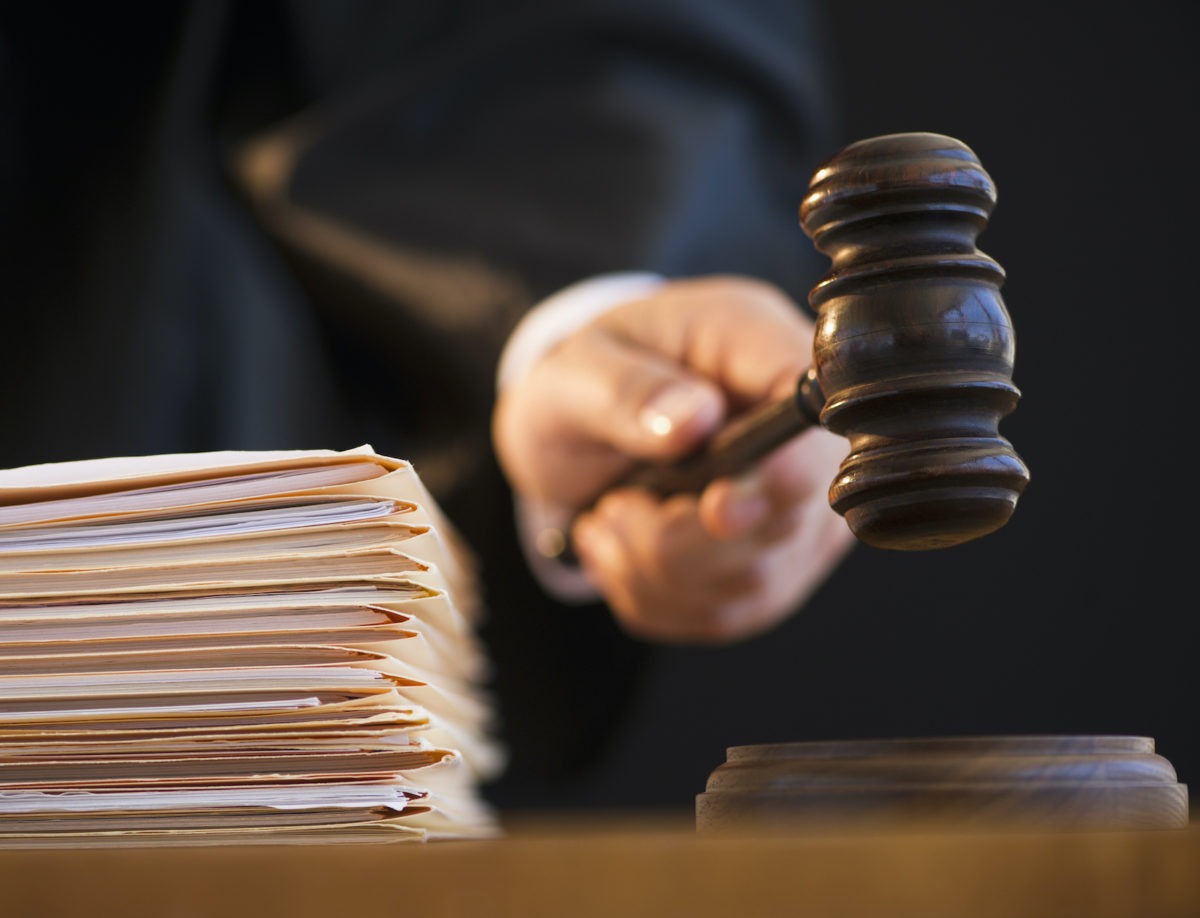
A concerted effort to review, resentence, and release is the right thing to do for those who have been unjustly sentenced. It is also the right thing to do for our community.
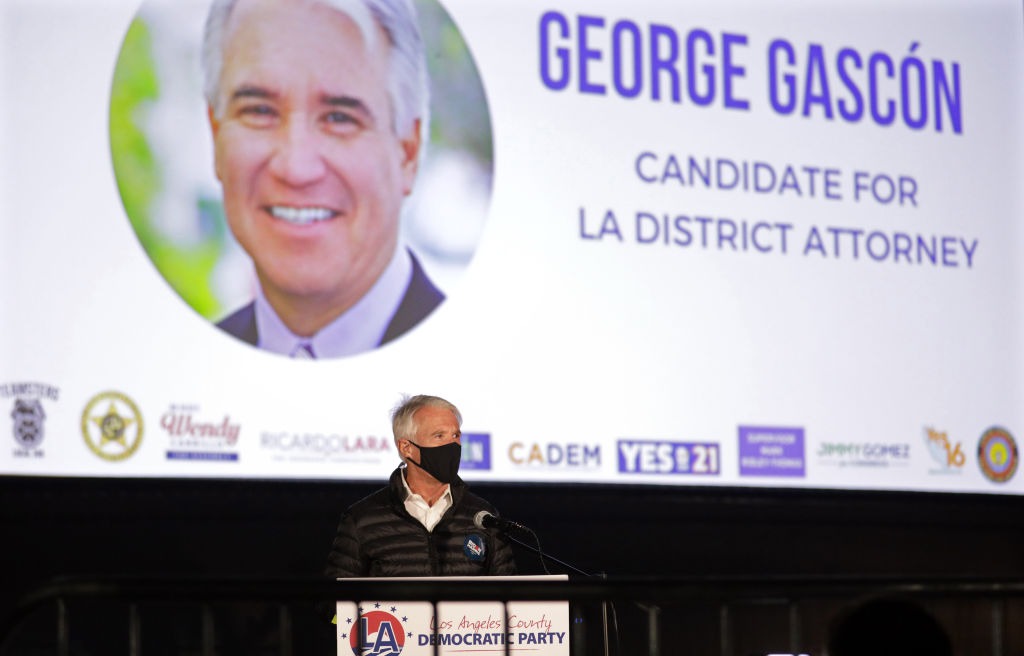
Candidates promising to remake Southern California’s legal system, won major races for DA, county supervisor, and City Council, among others while overcoming significant spending by pro-law enforcement groups.
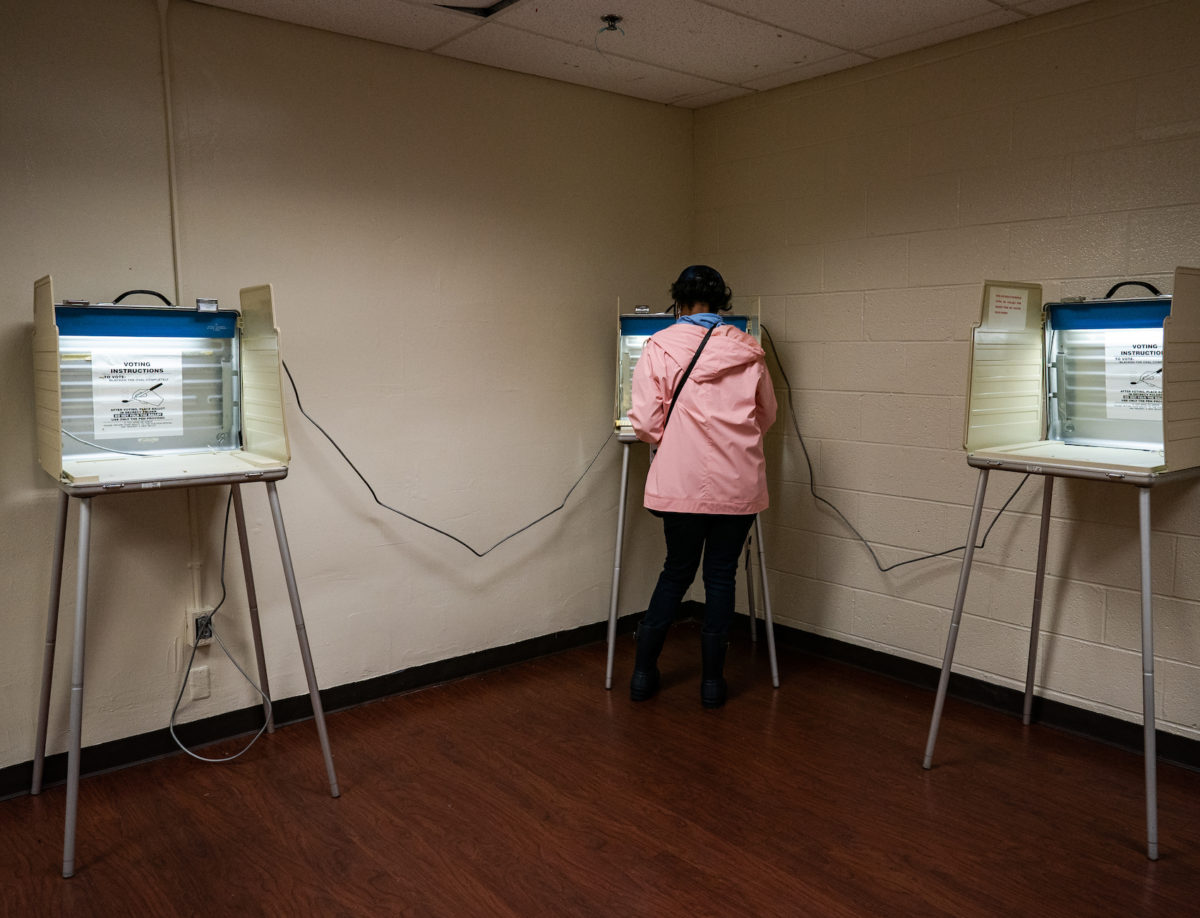
The Adolescent Redemption Project, a new group organized by Michigan prisoners sentenced to life without the possibility of parole, is advocating for progressive prosecutors.

While a debate over defunding the police rages in Austin, a new lawsuit reminds its residents that assault cases in the city are routinely ignored.
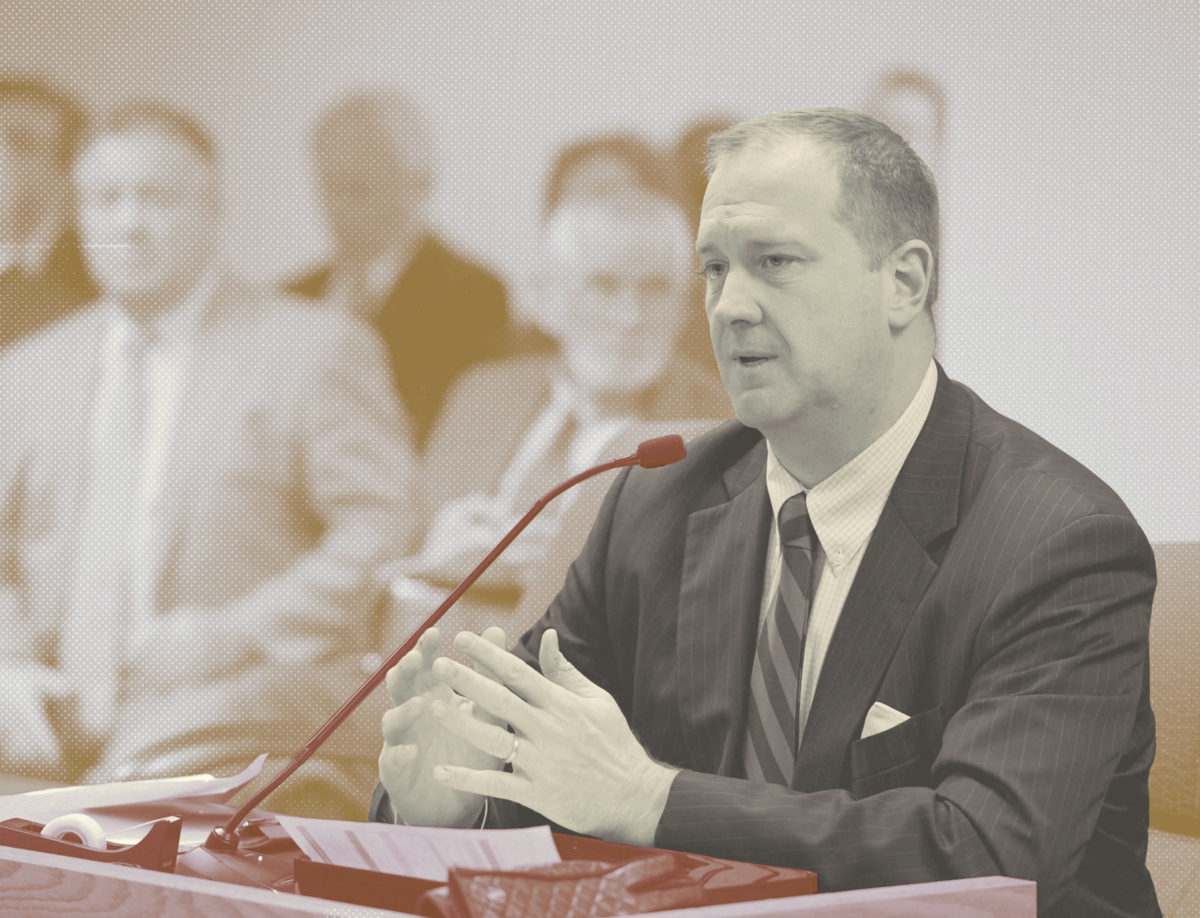
Its decades-long commitment to upholding convictions—even those marred by police or prosecutorial misconduct—has left Missourians languishing in prison for years.

A review of five years of cases that arose from traffic stops in the south-central region of the state shows that police used underhand tactics to justify holding and searching drivers illegally.
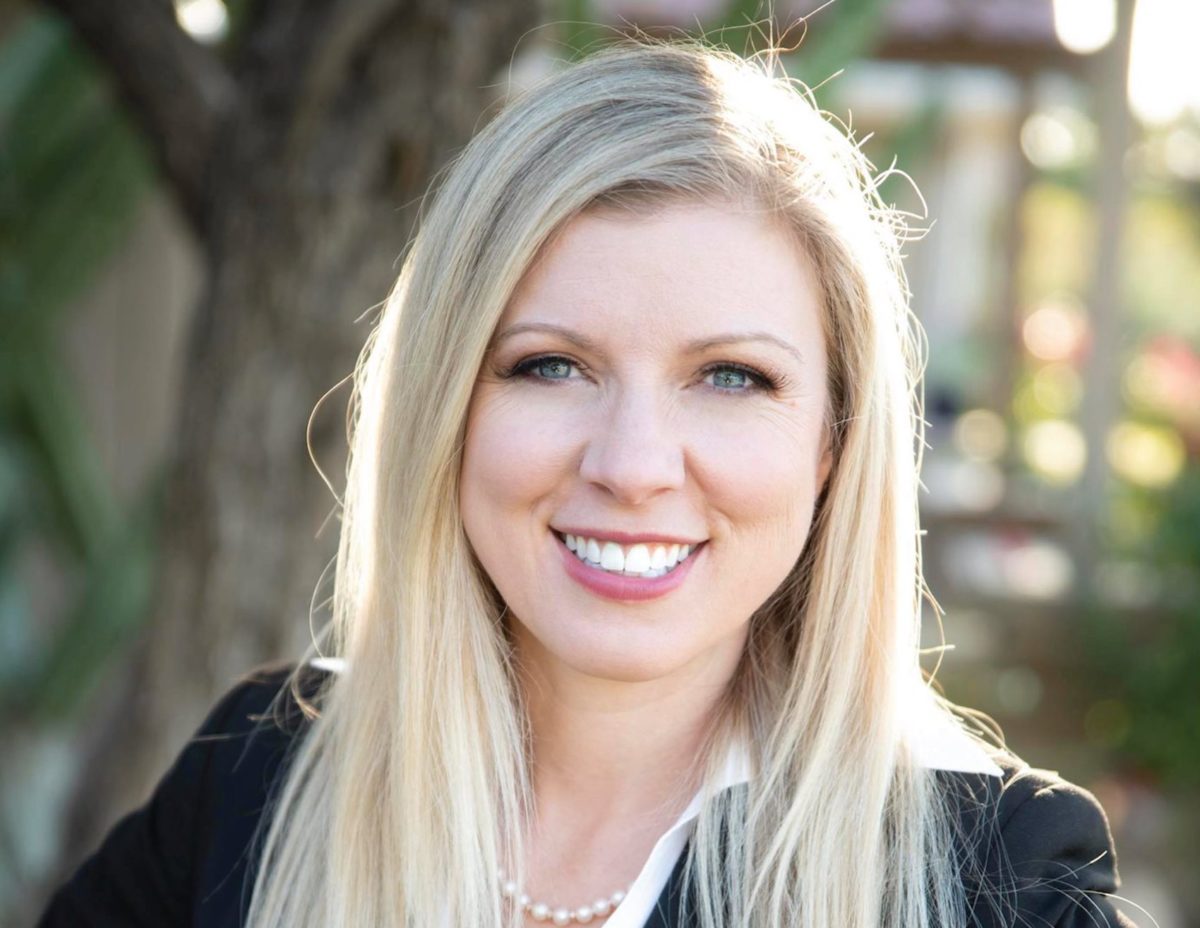
Julie Gunnigle, who is running in Maricopa County, says she supports alternatives to incarceration. But a decade ago in Illinois, she prosecuted a woman for recording phone calls and helped put her in jail for 18 months.
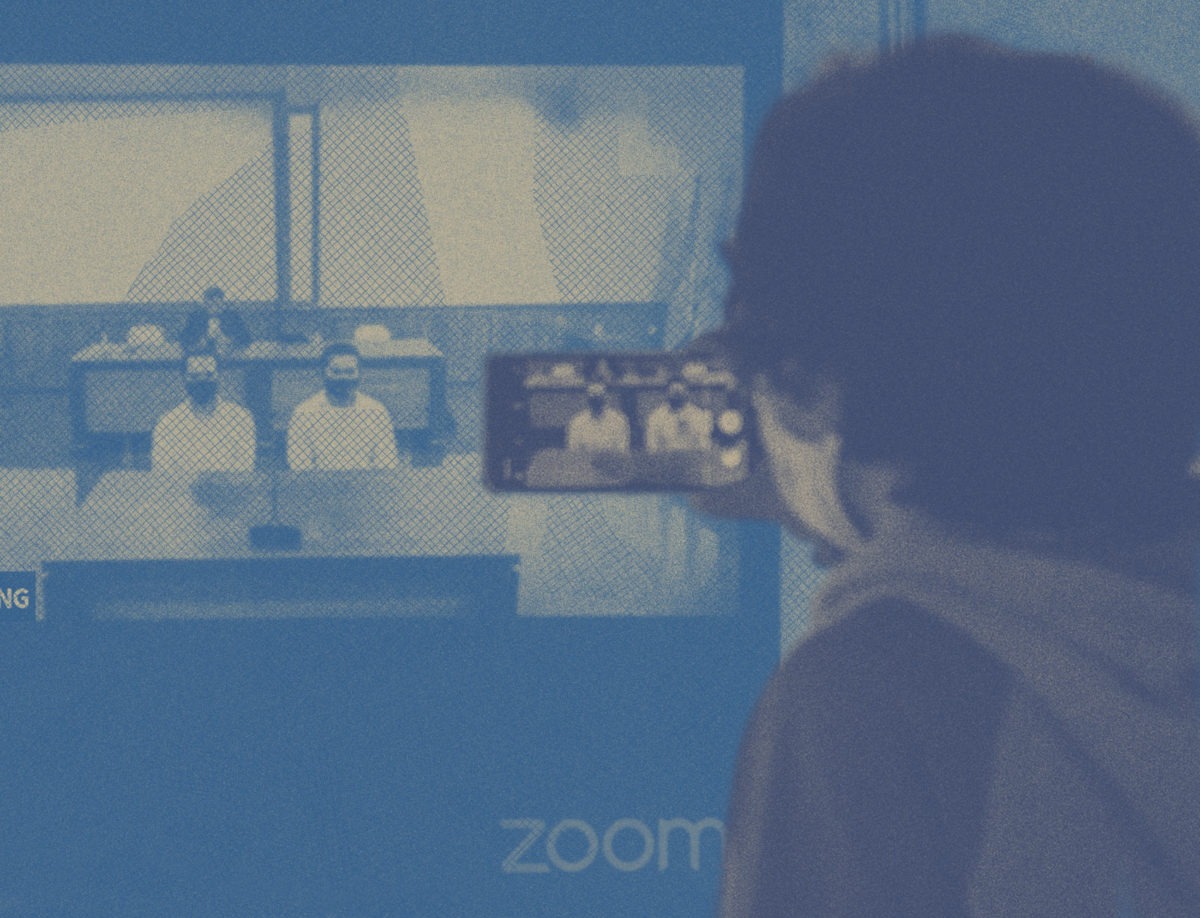
Precautions meant to minimize the spread of COVID-19—like remote hearings by video conferencing—have drastically changed the way people experience the judicial process, leaving some at a distinct disadvantage.
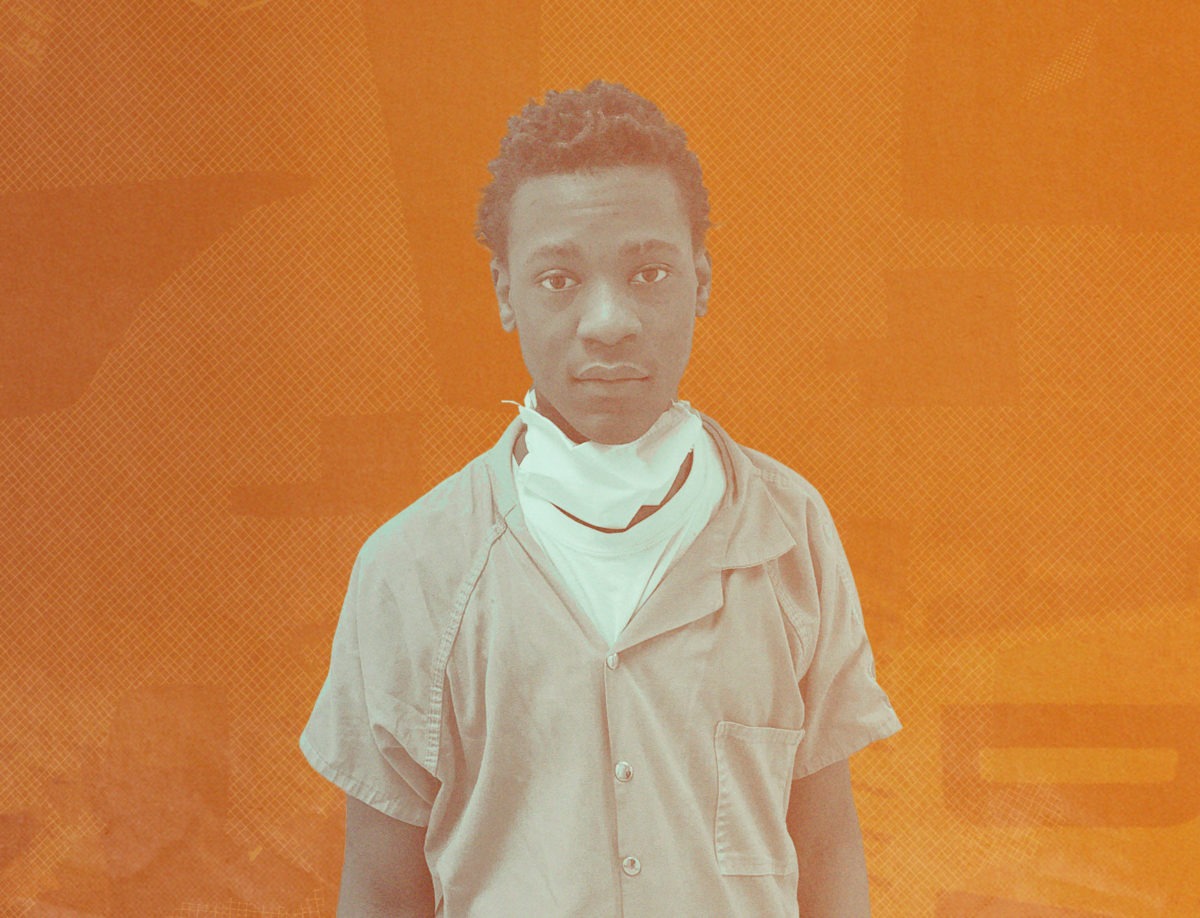
Sixteen-year-old William Haymon has spent more than 500 days in an adult jail in rural Lexington, Mississippi. There are no state rules governing how long a person can be incarcerated without being formally charged with a crime.